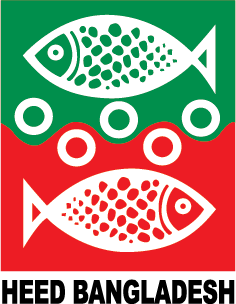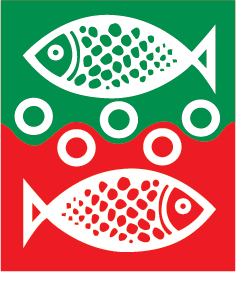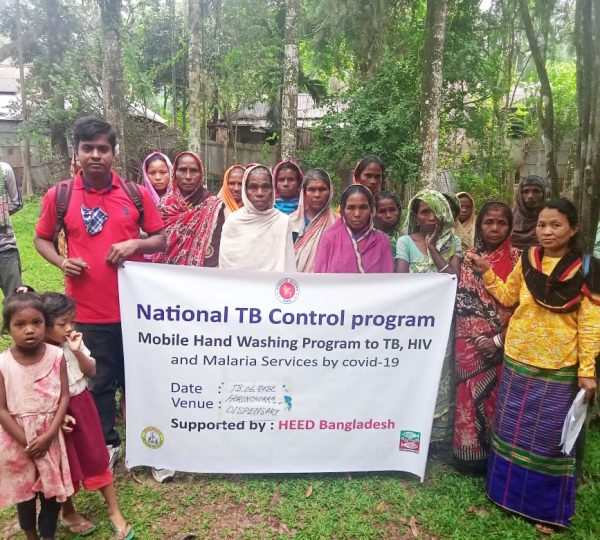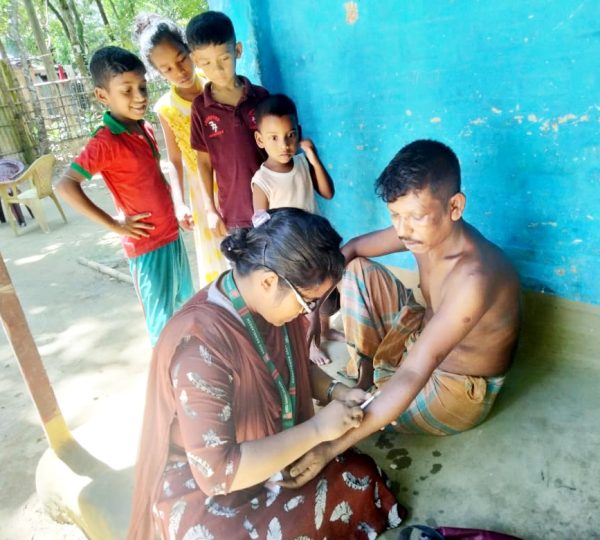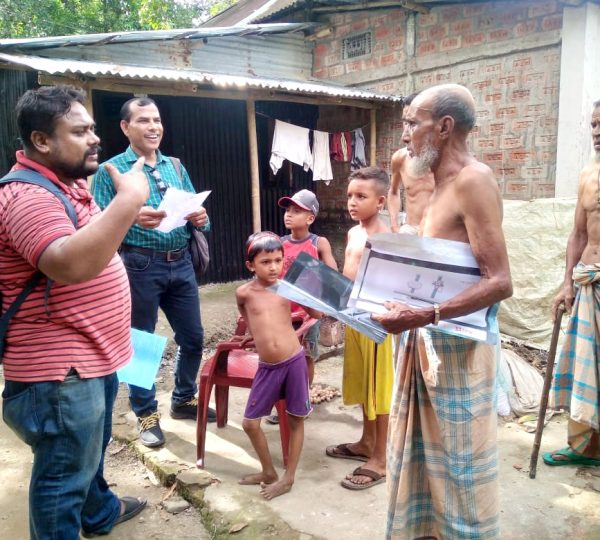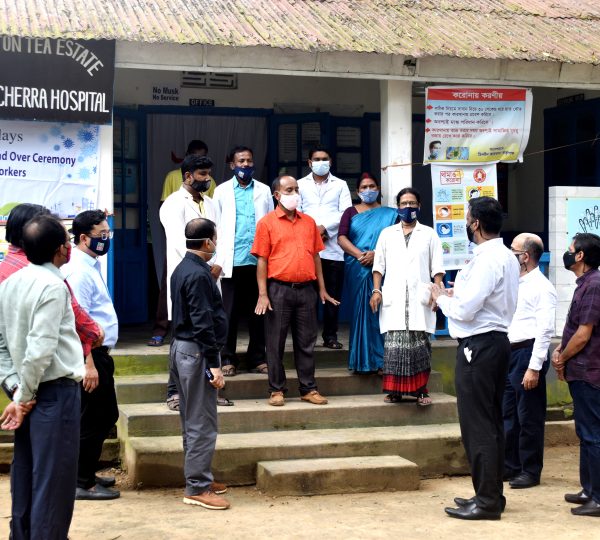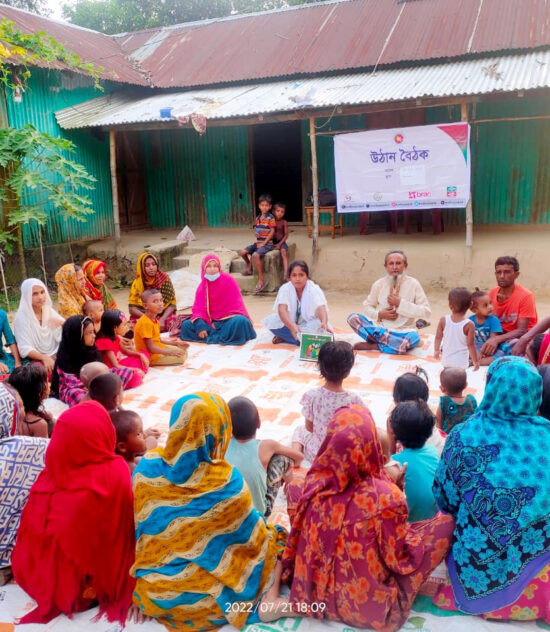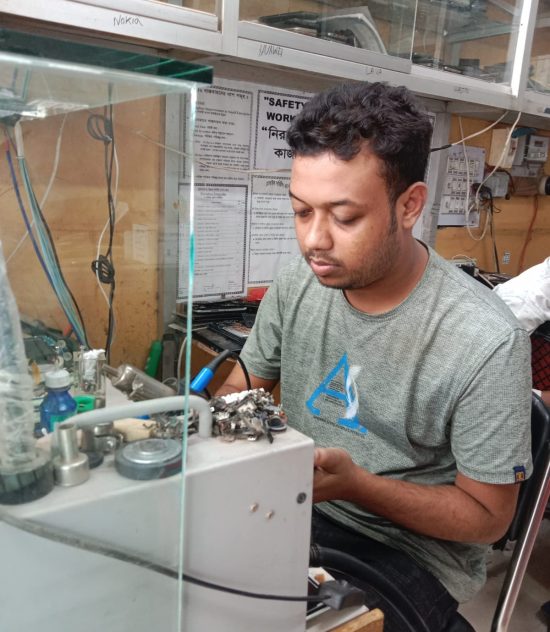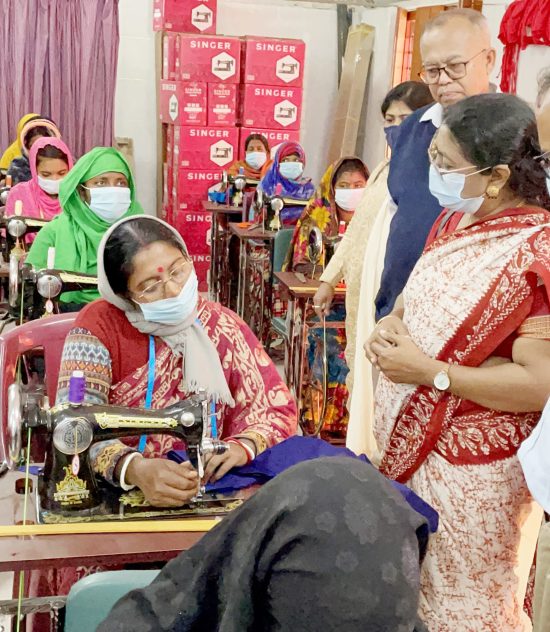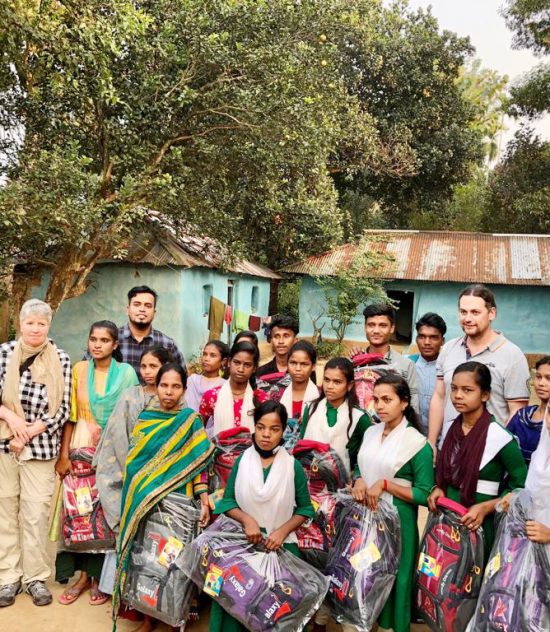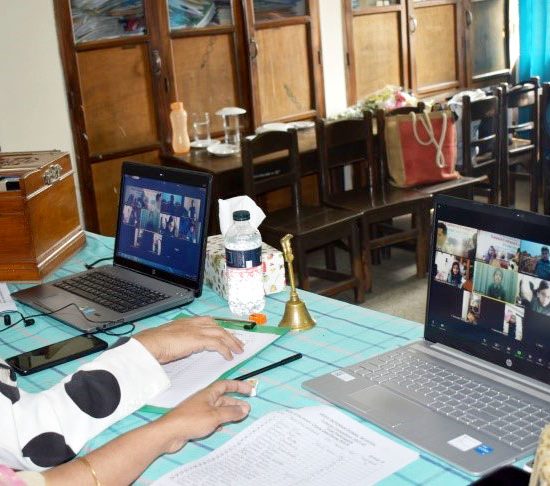The Story Behind Work in Health Sector:
At the call of Bangabandhu Sheikh Mujibur Rahman, a group of foreign social workers started the activities of HEED Bangladesh in Kamalganj of Sylhet. In the inception phase, the activities centered on relief activities. But later, at the request of the Bangladesh government, HEED Bangladesh started leprosy activities in Kamalganj upazila in 1976 under Leprosy Control Program. In 1980, the HEED Hospital was built and later on was expanded to a capacity of 40 beds for leprosy and 20 beds for TB patients. Encouraged by the service of humanity, HEED Bangladesh started its activities to cure infectious and dreaded diseases like tuberculosis and leprosy.
TB Control Program is one of the core and founder projects of HEED Bangladesh. As a pilot project, HEED Bangladesh started its TB Control Program in 1980 in Kamalgonj upazila of Moulavibazar district. In 1993, the program expanded to 25 upazilas of Moulavibazar, Habigonj, and Sylhet districts as a partnership project done under an MOU with the Directorate General of Health Services (DGHS), Ministry of Health and Family Welfare, Bangladesh. In 2004, the TB Program of the organization started to work under the umbrella of the GFATM fund led by PR BRAC. However, HEED Bangladesh is implementing a TB program in collaboration with the Government Health Sector. Later in 2012, USAID funded the TB Care II project through URC, and HEED Bangladesh was awarded as a Sub-recipient to cover the uncovered & hard-to-reach areas of the Global Funded TB Control Program, especially in the tea and rubber garden areas in Sylhet division where isolated ethnic minority people live. In response to USAID’s local organizations’ network project (LON) funding opportunity a consortium of Bangladesh-based organizations – the Alliance for Combating TB in Bangladesh, or ACTB – led by ICDDRB has been working to accelerate Bangladesh’s fight against TB. HEED Bangladesh is a member of this consortium aiming to increase treatment coverage and improve access to TB services for all diagnosed patients in the greater Sylhet region from 2020.
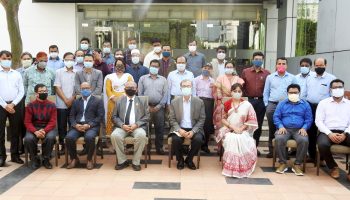

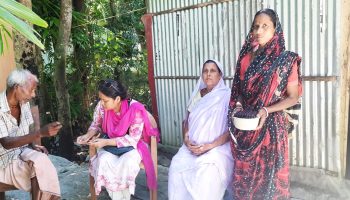
Activities of TB Control Program
SDG 3: “Ensure healthy lives and promote well-being for all at all ages.” One of the indicators is to fight communicable diseases.
SDG 17: Partnership for the goals. This goal is included to assure that, developing multi-stakeholder partnerships to share knowledge, expertise, technology, and financial support is seen as critical to the overall success of the SDGs.
TB control program directly addresses SDG 3 and SDG 17 as well. HEED Bangladesh has been implementing jointly two projects to eradicate tuberculosis in the Sylhet region. With the funding of the Global Fund, the TB control project has implemented DOT center-based activities in 27 Upazila Health Complex of Sylhet, Habiganj, and Moulvibazar districts. And to supplement this project, USAID’s ACTB project identifies missing tuberculosis cases by bringing 184 tea gardens, indigenous ethnic villages, and all people in remote areas under screening and bringing potential TB patients’ Sputum to DOT Center to diagnose TB and make the necessary arrangements.
Strength of HEED Bangladesh:
- Total 38 microscopy/DOTs centers;
- Additionally, 11 Periphery laboratory;
- To ensure the quality of microscopy there are 2 EQA centers;
- Gene X-pert is functioning in 20 centers;
- There are 9 Digital X-ray centers;
- Skilled and dedicated staff
GFATM TB Control Program (Integrated Tuberculosis Care & Prevention, for Enhancing Case Findings, Health System Strengthening & Sustainability)
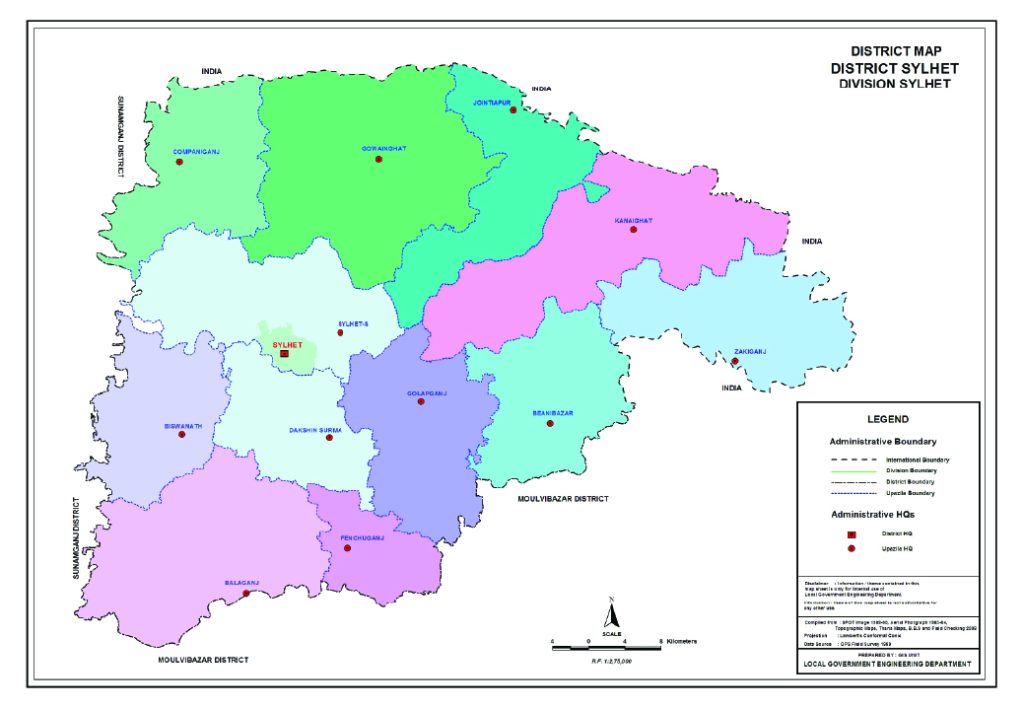
Geographical Coverage:
1. Districts: 03
Sylhet,
Moulvibazar
and Habiganj
2. Upazila: 27
3. Union: 240
Project Main Activities:
TB Control program implements awareness creation and capacity building activities i.e. TB campaign, conducting meetings with community leaders/opinion leaders, TB club meeting, Orientation of village doctors, Orientation of Tea garden volunteers, Sputum Campaign at the special situations, Networking meetings with graduate PP, Cable TB Massage, Orientation of factory Workers & Celebration World TB Day, Orientation on TB, Malaria, HIV & COVID services (risk communication & prevention including vaccination & care/support) for the community people, Courtyard meeting to mitigate disruption to TB, HIV and Malaria Services by COVID-19 & Mobile hand washing campaign.
In each Upazila, HEED Bangladesh is operating one TB clinic with the close supervision of the government. Each Upazila health complex laboratory is being used for sputum microscopy tests. All these activities of the TB Control Program are running under NTP guidelines.
Challenges:
- No of all eligible for TPT not registered for TPT on time.
- Lack of x-ray facilities and Gene X-pert (in terms of functioning and availability)
- A healthy person is not interested to take TPT medicine. It’s a big challenge to make ensure TPT medicine intake.
- To ensure screening of all family members of Bacteriological Confirmed TB patients.
- Low TB case detection in flooded areas due to communication gaps.
- Shortage of field staff for TPT and DOT visits.
- Staff switching frequently.
- Lab technician shortages.
